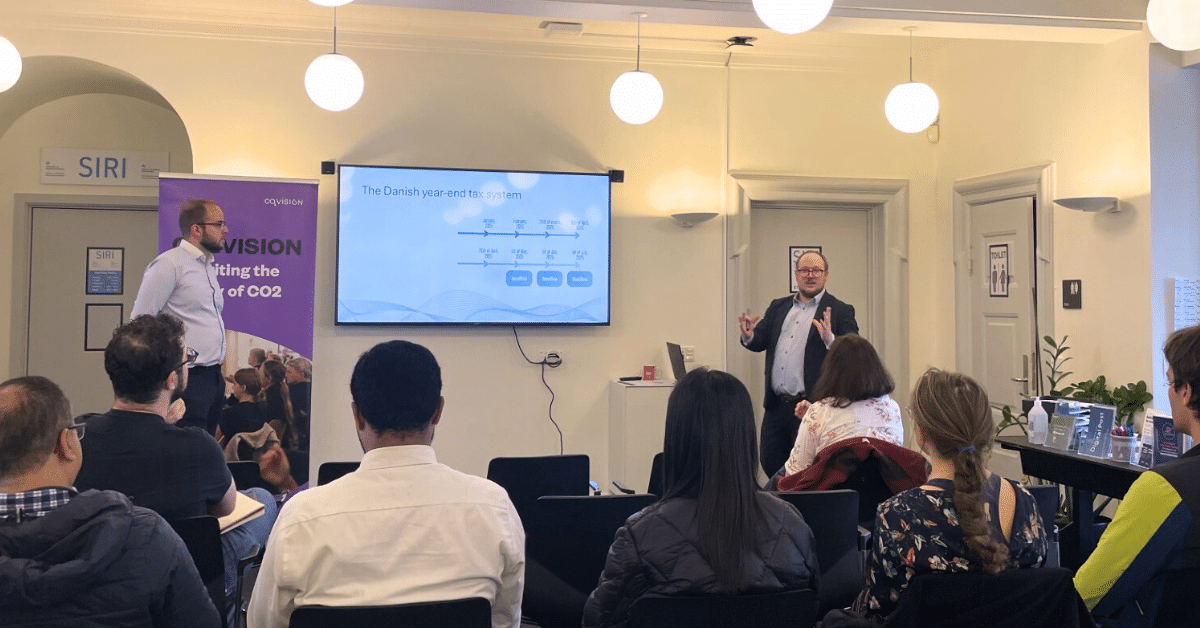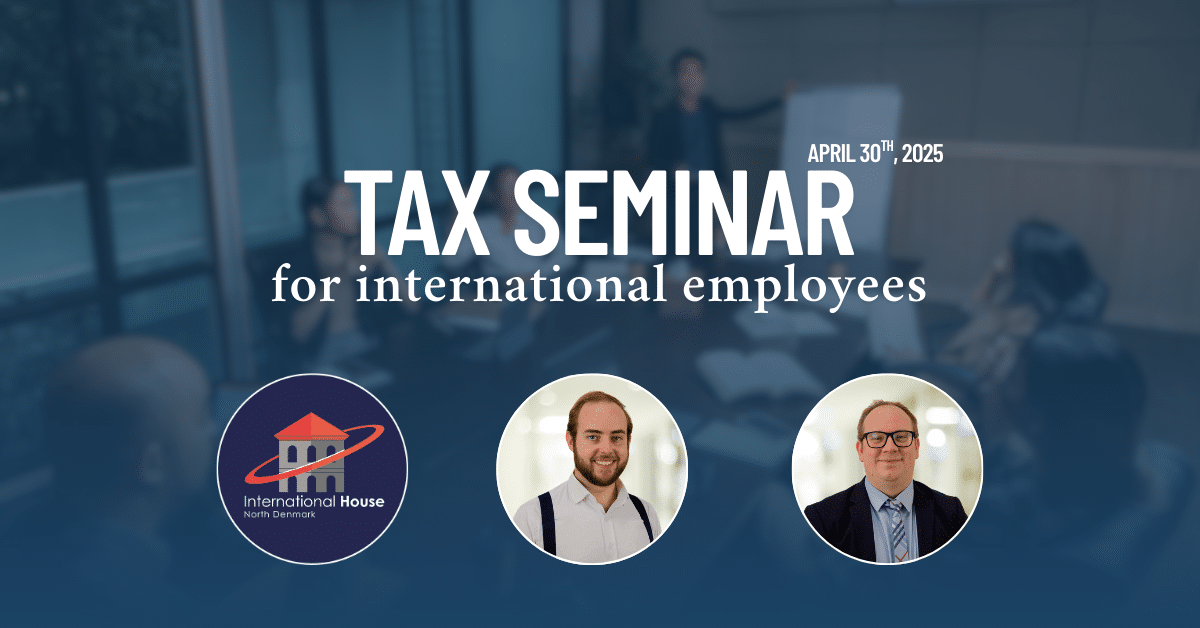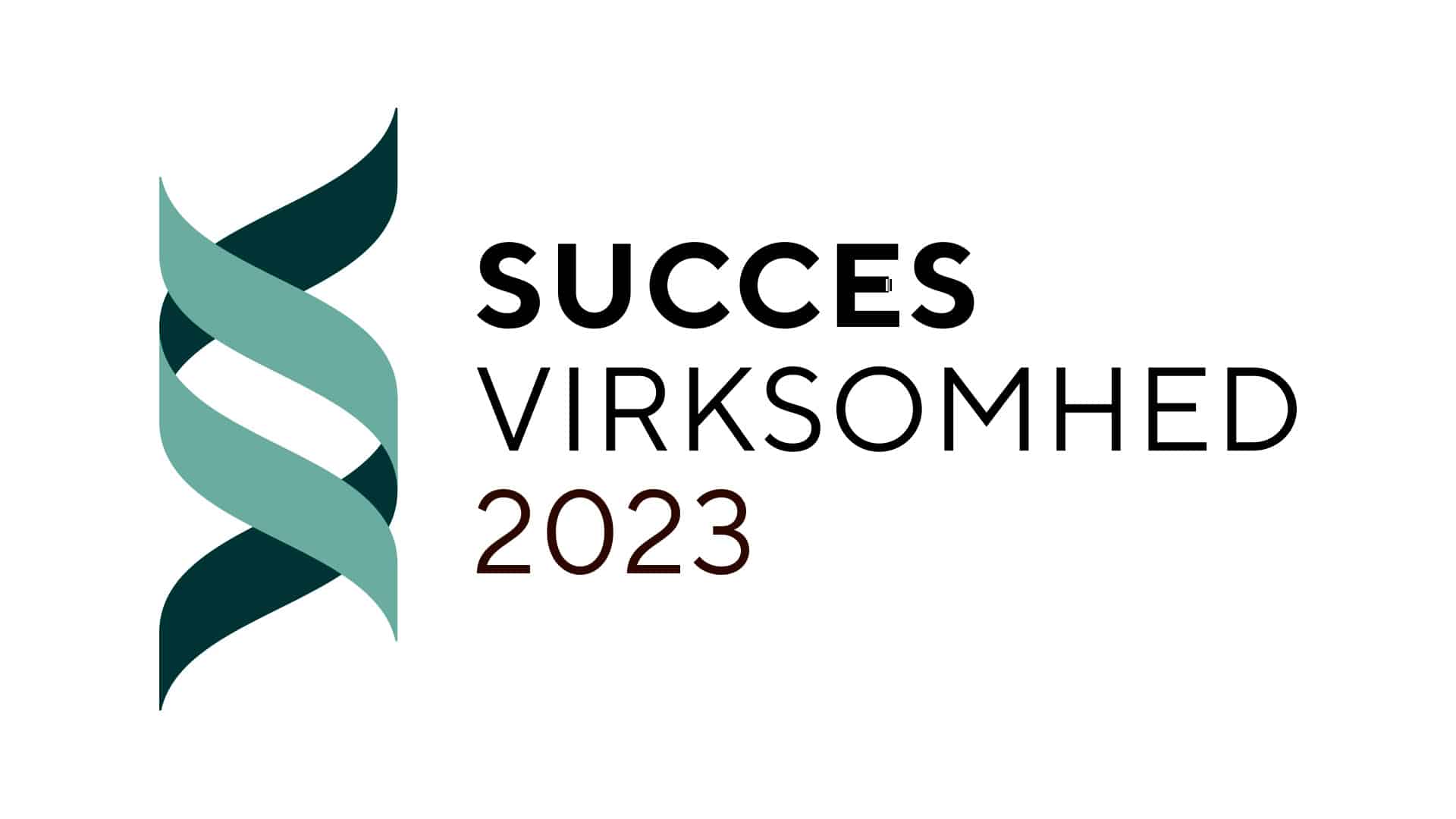Global mobility compliance is a significant challenge businesses encounter when they operate across borders.
International projects and assignments open doors to new markets and innovation, but they also require companies to navigate a complex maze of compliance demands. Social security agreements, tax regulations, and payroll reporting requirements vary between countries, and particularly in Europe, rules are strictly enforced. Without effective compliance management, businesses risk financial penalties, administrative burdens, and strained relationships with employees and authorities.
Throughout the EU, A1 certificates are mandatory to document that employees are covered by social security in their home country. Failure to obtain these certificates can result in fines of several thousand euros per employee, depending on the country. Additionally, many European nations demand precise and timely payroll reporting, where even minor errors can trigger penalties.
This level of complexity requires not only attention to current regulations but also foresight, as trends like digital nomadism and evolving social security agreements continue to reshape the landscape.
But compliance is not just about avoiding problems. When managed correctly, it becomes a strength that creates value for both employees and employers. At Crossbord, we proactively analyse and optimise each assignment and project to ensure that compliance is not merely adhered to but leveraged as a competitive advantage.
Case: how strategic compliance avoids issues
A typical example of strategic compliance could involve a European construction project where employees from Denmark are sent to France for a temporary assignment.
Such a project requires businesses to navigate numerous demands from both Danish and French authorities, including social security agreements, payroll reporting, and tax rules.
The first step in a strategic approach would be conducting a comprehensive project analysis to identify key compliance requirements.
This analysis would reveal the need for:
- A1 certificates for all employees to document social security coverage in their home country and avoid fines from French authorities.
- Accurate payroll reporting in both Denmark and France, taking local tax rules and social contributions into account.
- Proper setup of employees in the payroll system, including alignment with the correct contracts and ensuring all necessary registrations with local authorities.
- An onboarding plan to ensure employees understand their tax obligations, social rights, and the implications of working across jurisdictions.
With a strategic approach, a solution could also include precise payroll reporting to Denmark’s eIndkomst system, minimising or even eliminating the need for individual tax returns or reporting forms.
Simultaneously, ongoing payroll handling in France would ensure compliance with local requirements throughout the project.

At the onboarding stage, Crossbord would ensure that employees are registered correctly with the appropriate authorities and that their contracts reflect all legal and compliance obligations. This guarantees that both employer and employee are fully covered from the outset, preventing issues later in the project lifecycle.
At the end of the assignment, year-end reports would be delivered to both Danish and French authorities, minimising the risk of audits or additional demands.
This holistic approach ensures that both the company and employees can focus on their core tasks without concern for administrative or legal complications.
Did you know that accurate reporting and proper employee setup can eliminate the need for individual tax returns?
With the right compliance processes in place, complex projects run seamlessly.

Compliance as a strategic asset
This example highlights how compliance can transform from a potential challenge into a strategic strength. By integrating compliance into project planning, businesses can not only avoid risks but also strengthen relationships with employees and authorities. At Crossbord, we take a holistic approach, starting with a thorough project analysis and ensuring that every compliance requirement is met.
Our solutions cover everything from managing A1 certificates to payroll reporting and year-end compliance. We act as a bridge between employers, employees, and authorities, creating a seamless process that eliminates administrative burdens and reduces the risk of errors. At the same time, our solutions allow companies to focus on their core business and create value across their organisation.
Compliance is not a burden – it’s your competitive advantage. Let Crossbord help you navigate global mobility.
Crossbord makes global mobility compliance simple
Global mobility is constantly evolving, and the future brings new challenges. Stricter government requirements, shifting social security agreements, and the growing prevalence of digital nomads make compliance more complex than ever. Companies operating across borders cannot afford to be reactive—they must think strategically and proactively.
At Crossbord, we help businesses turn compliance into a strategic strength. Our unique approach combines in-depth analysis, precise solutions, and continuous adaptation to future demands. We ensure that compliance is not just a necessity, but a competitive advantage that reduces risks, strengthens employee relations, and improves operational efficiency.
When compliance is managed correctly, it creates value for both employers and employees. It builds trust in the organisation and ensures smooth operations,
even in complex international projects. Crossbord is not just a solution for today, but a partner to help your business navigate tomorrow’s challenges and opportunities.
Contact us today to learn more about how we can help your business master global mobility compliance.









